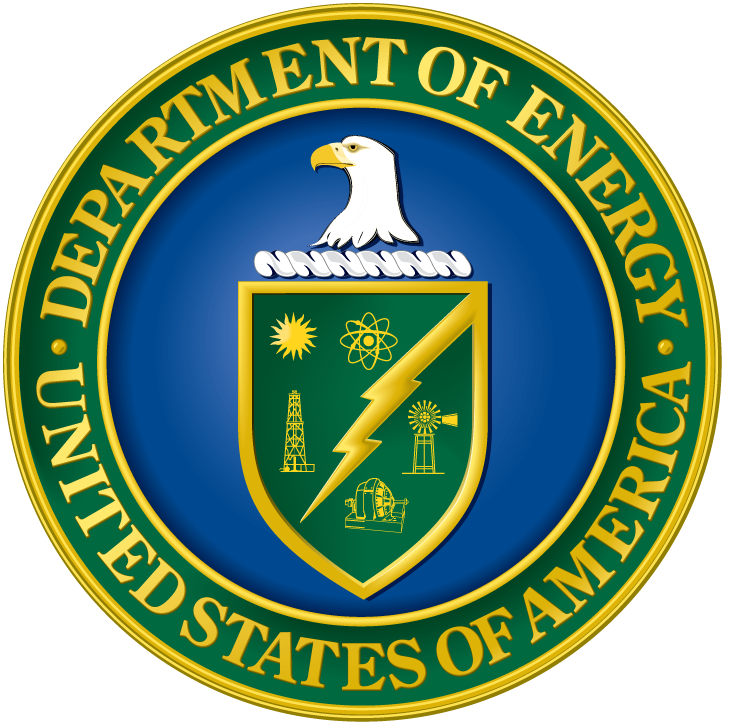The U.S. Congress voted on December 21 to approve the Congressional act titled Consolidated Appropriations Act of 2021. The appropriations include one and a half billion dollars for the Department of Energy’s Office of Nuclear Energy. They also include one hundred and fifty million dollars to begin setting up the uranium reserve program aimed at increasing the domestic production of uranium.
The Congressional Act provides nine hundred billion dollars for coronavirus relief and one trillion four hundred million dollars of government spending for FY2021 which covers the period of October first 2020 to September thirtieth 2021.
The total appropriation for the DoE is forty-two billion dollars. This is three and a half billion dollars above the funding provided in FY2020 and six billion three hundred million above the amount requested by the DoE for FY2021. One and a half billion dollars was allocated for nuclear energy research, development and demonstration activities. This includes two hundred and eighty million dollars dedicated to funding the Advanced Reactor Demonstration Program which was announced last May.
The DoE appropriations also include twenty-seven and a half million dollars for DoE expenses for the disposal of nuclear waste as authorized by the Nuclear Waste Policy Act of 1982, including interim storage in dry casks. Seven and a half million dollars for this purpose will come from the Nuclear Waste Fund collected from owners of nuclear power plants.
The Congressional passage of the FY2021 appropriations won the approval of the Nuclear Energy Institute (NEI). Maria Korsnick is the president and CEO of the NEI. She said it “signaled the importance of nuclear energy as the country moves to an increasingly decarbonized economy”. She added that “This legislation demonstrates growing confidence in our nation's largest source of carbon-free energy, while building on efforts to ensure nuclear energy is properly valued alongside wind and solar in the United States' carbon-free energy future”.
Craig Piercy is the executive director and CEO of the American Nuclear Society (ANS). He said that the FY2021 appropriations are “a strong step in the right direction”. He went on to say that significantly increases levels of R&D funding in low-carbon technologies including nuclear power are still going to be needed to stop climate change.
Last April, a presidential working group was formed and dedicated to analyzing nation security concerns with respect to the entire U.S. nuclear fuel supply chain. This action was triggered by a Section 232 Petition submitted by two U.S. uranium mining companies. The two companies were Energy Fuels Inc and Ur Energy Corporation. They called for imposing a quota on uranium imports. The proposed uranium reserve would guarantee a backup supply of uranium in case of a serious uranium market disruption. Support would be provided for at least two uranium mines located in the U.S.
Ur-Energy said that Congressional approval of funding for the ten year U.S. uranium reserve is “a very positive step forward” for the domestic uranium mining industry with “with clear bipartisan and bicameral support”. Spencer Abraham is the CEO of Ur-Energy and a former U.S. Secretary of Energy. He said, “This key development is a shot in the arm to the uranium mining sector, and we expect to see Washington build on this program and take other appropriate actions to strengthen our sector.”
Mark Chalmers is the s President and CEO of Energy Fuels. He said that the creation of a uranium reserve is a real milestone for the domestic uranium industry and that the seventy-five million dollars will definitely help revive and expand domestic production of nuclear fuel in 2021 and beyond. He also said, “We look forward to working with the US Department of Energy to make sure this funding is spent wisely to support existing infrastructure by purchasing uranium from existing, proven uranium facilities.”
Ur-Energy said that the funding of the uranium reserve, recommended by the Working Group and passed with bipartisan support in Congress, was critical to maintaining existing infrastructure for the U.S. nuclear fuel cycle. The next important step will be the passage of the Nuclear Infrastructure Act. This Act authorizes the DoE to create the uranium reserve program and begin purchasing uranium from U.S. uranium mines.
